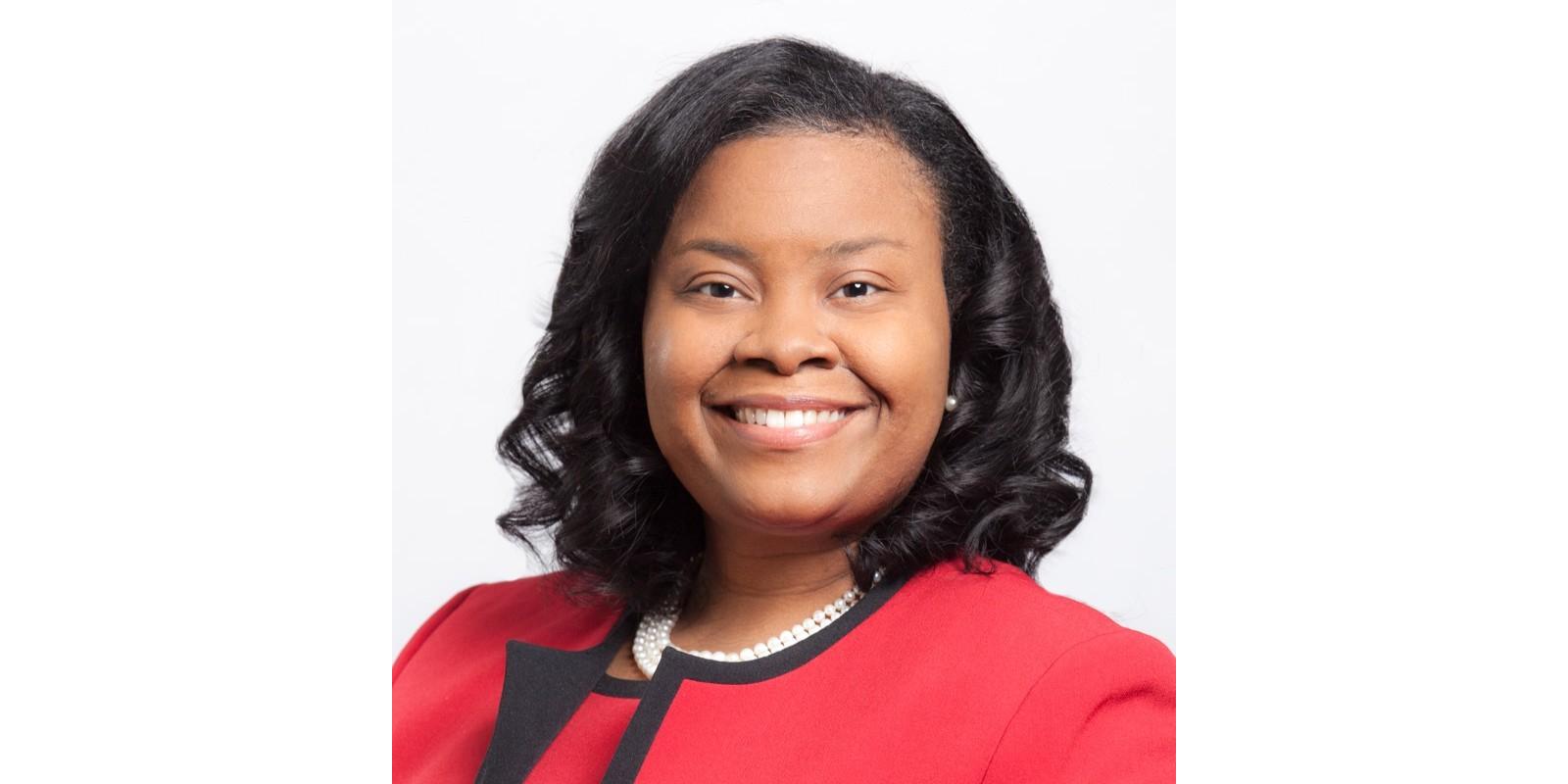
Dr. Candace M. Moore has one crucial piece of advice for students considering global learning opportunities: “Acknowledge for yourself that you don’t know as much as you think you know.”
In speaking with Dr. Moore, Associate Clinical Professor in the Higher Education, Student Affairs & International Education Policy Program (HESI), it’s clear that the best practice for participation in global learning is true humility. In the pursuit of addressing the grand challenges of our time, we have to first acknowledge that it’s not just about what we as Americans can learn from another country, but how we can serve the communities we engage with in mutually constructive, meaningful and beneficial ways. Working with a multidisciplinary collective of UMD faculty and OIA’s own Associate Vice President for International Affairs, Dr. Ross Lewin, Dr. Moore has been able to draw from her experiences as a global educator to support a global learning model that is rooted, as she notes, in “cultural consciousness” and reparative justice.
“For us as global citizens to engage in meaningful work with one another, we have to operate under what people refer to as sustainable partnerships—that we’re not just going in for a one-stop-shop opportunity, nor are we just partnering to get something out of it for ourselves,” said Moore. She also acknowledges that one of the most important things we can do before stepping into a global space is to name our assumptions. “If you take an opportunity to be honest with yourself, what are the assumptions that I’m making about the communities that I’m about to engage in, and then what can I do, not what can they do, but what can I do to start to address those assumptions? Then we get to a real engagement.”
As a recipient of the prestigious Fulbright U.S. Scholar Program Award, Dr. Moore spent the 2021-2022 academic year in Ghana at the University of Cape Coast (UCC). She worked with Ghanaian graduate students and academic leaders in the Institute for Educational Planning and Administration (IEPA) to build cross-cultural engagement with UMD and UCC graduate students in the areas of student affairs and higher education. Dr. Moore explained how student affairs as a practice is an American concept, and her research focused on understanding the value of uniquely Ghanaian higher education practices and what sets them apart from the way student affairs is taught in the U.S. context. Through the lens of the COVID-19 pandemic, Dr. Moore was able to see how Ghanaian higher-ed practitioners were able to creatively engage and support their students year-round despite larger issues around connectivity in Ghana, such as rolling internet blackouts.
Dr. Moore has longstanding relationships with UCC and her Ghanaian partners in IEPA, and her work towards this Fulbright began with co-leading an annual short-term study abroad program for graduate students, Higher Education in the Ghanian Context. Further, in working alongside her UCC colleague Dr. Michael Boakye-Yiadom, who has a concentration in higher education planning and organization, they were able to blend their areas of expertise into a mutually beneficial Global Classrooms course for Ghanaian and American students, “The College Student and Student Personnel Services in a Global Context,” which won the Global Classrooms Initiative Award in 2018.
Dr. Moore is careful to not hold UCC and UMD in comparison to each other, as there is a general tendency to position the U.S. as the default when it comes to higher education. While on the ground in Ghana conducting research this past year, Dr. Moore worked closely with local community elders alongside the students and faculty of IEPA, and students at UMD in the collection and processing of data. She found that they were able to add depth to the analysis of interviews because they could share insight into how certain teaching methods relate to Ghanaian proverbs or the cultural practice of storytelling. “[Ghanaian higher education professionals] are the ones that can help us to understand that theory to their practice has always existed in their context,” shared Dr. Moore.
For Dr. Moore, the most impactful moments in Ghana came in the form of sharing meals, laughter, and conversation with her Ghanaian colleagues. To maintain these sustainable partnerships around the world, seeing each other as human beings first lays the groundwork for lasting personal and professional connections. Going beyond what you can learn in the workplace or classroom, it’s just as important to take the time to engage with the community by attending events in the neighborhood, reading the newspaper, and actively listening to local perspectives. These low-stakes learning opportunities cannot be replicated through academic readings or documentaries, and this can be seen in the priceless contributions of our partners around the world and of the international students on this campus.
As UMD’s Fearlessly Forward strategic plan pushes us towards new and exciting definitions of what it means to learn and engage as a global citizen, we can apply these principles of humility, self-reflection and active listening to all global learning opportunities on campus and beyond. Whether that looks like studying abroad, enrolling in a Global Classrooms course, or working with the Global Learning Initiatives (GLI) office in the Office of International Affairs—–meaningful exchange should build reciprocity, challenge assumptions and shift perspectives to create global change.
